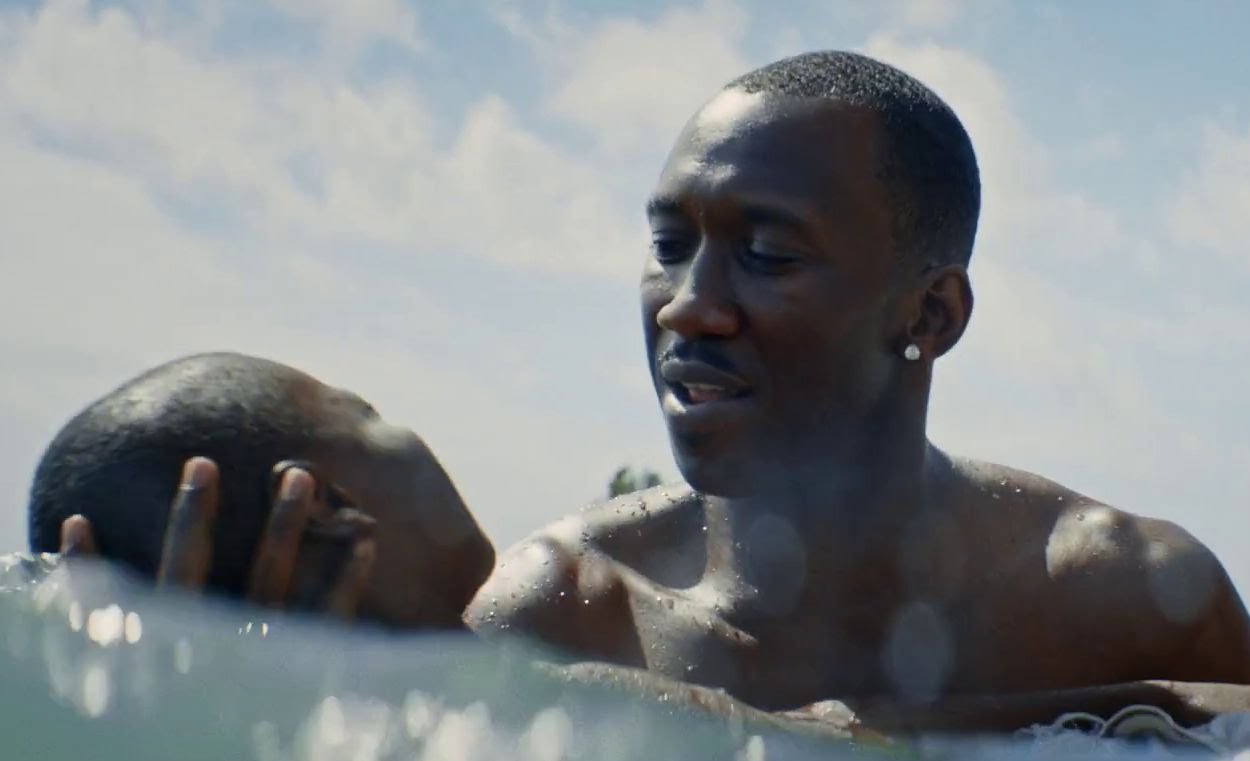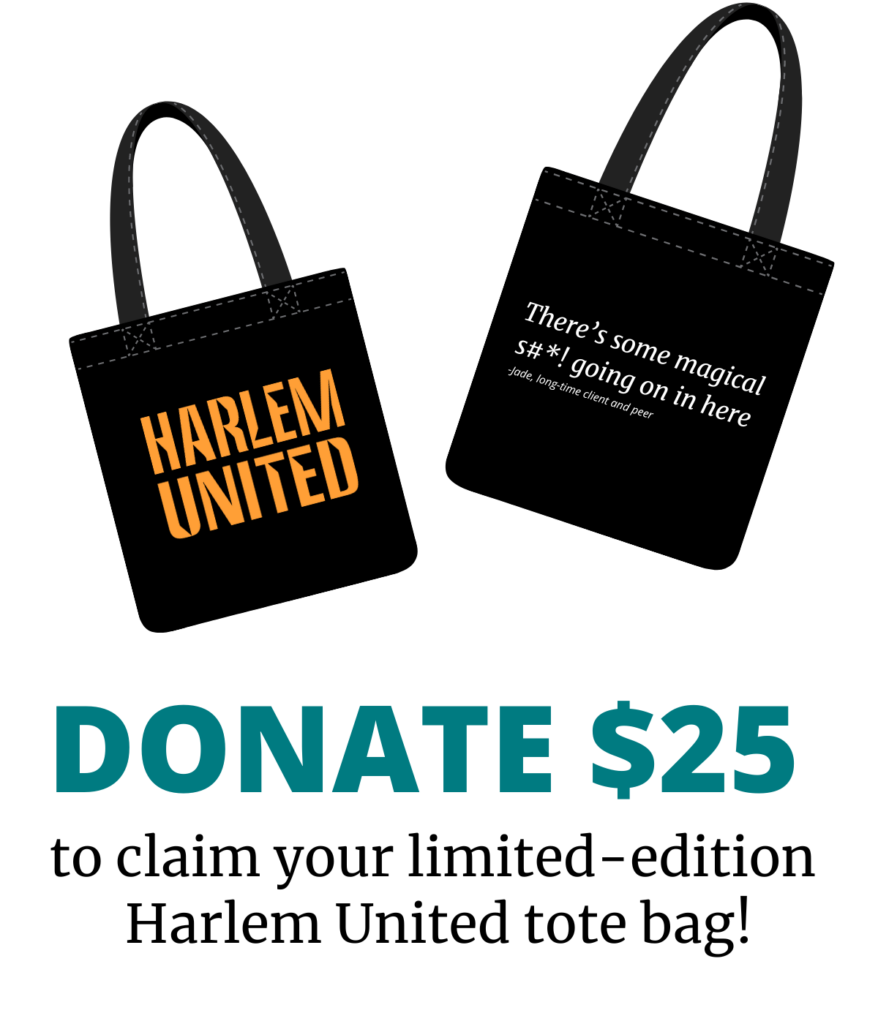Last night, Moonlight won the Golden Globe for Best Motion Picture – Drama. This groundbreaking film tells the story of two young Black men, Chiron and Kevin, who struggle with social norms surrounding Black masculinity because of their romantic love for one another.
The film’s themes of race, poverty, sexual orientation, gender identity, and other intersecting socioeconomic and politically-perpetuated conditions mirror the context of Harlem United’s work.
Moonlight follows Chiron and Kevin from childhood through their young adult years. The men express their love for each other in subtle ways to prevent being perceived as feminine or “soft” – traits that are strictly taboo in their communities.
These young men aren’t consciously aware that their love challenges years of socially-reinforced constructs of how Black men “should” act. But the tenderness they share brings to light the socially constructed norms that surround them, exposing the weaknesses of a society that says Black men can’t express love. The film’s creative, cinematographic techniques and mood-expressive score magnify the emotional force of the storyline.
At Harlem United, we show our clients the healing tenderness of love and community. Like the two main characters in Moonlight, many of our clients experienced hard lives before understanding the healing power of love. That’s why at Harlem United, we create an unbiased, warm environment, accepting of all people, to lay the foundation for holistic hope, health, and healing.
Harlem United believes in a society that accepts that all men can love themselves, their physical environment, and their communities in tender ways, regardless of sexuality. Just as Moonlight challenges us to reject the notion that Black men must show love through violent, hyper-masculine ways, Harlem United will continue to fight against the negative stereotypes and stigmas that lead to many health disparities experienced by the communities we serve.
Moonlight’s critical acclaim has the potential to create a paradigm shift, exposing viewers to the realities – and consequences – of life as a Black, masculine, same-gender-loving man. I hope the film’s visibility creates awareness not just that these social expectations exist in the Black community, but that they perpetuate fear, anxiety, and miscommunication that leads to suffering, isolation, and even poor health.
I also hope that Moonlight increases understanding about the struggles of different populations, not only in the context of same-gender love, but also regarding the many other social issues the film addresses: mental health, substance use, homelessness, and urban decay, among others. That’s why Harlem United exists: to create a familial atmosphere, provide solutions to pressing urban issues, and welcome anyone through our doors, no matter what they look like, who they love, or what they’ve been through.

